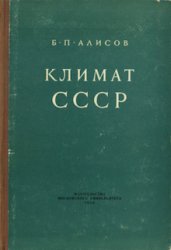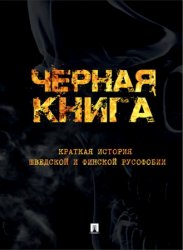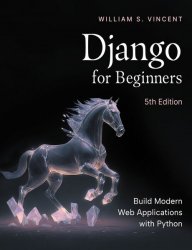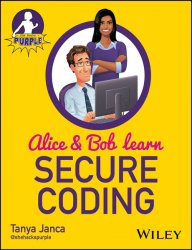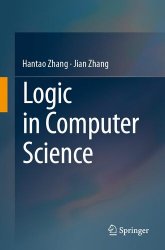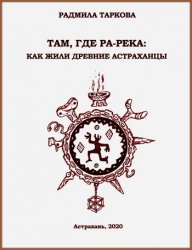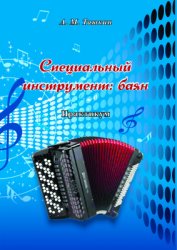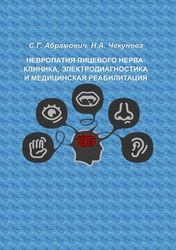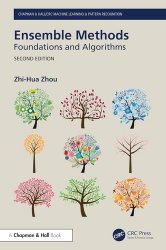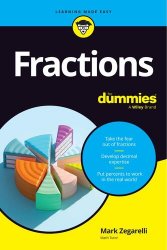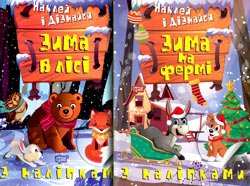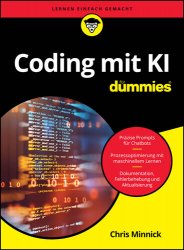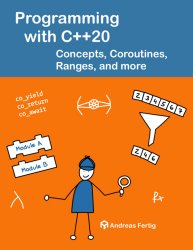 Название: Programming with C++20: Concepts, Coroutines, Ranges, and more, 2nd Edition (Updated 2024)
Название: Programming with C++20: Concepts, Coroutines, Ranges, and more, 2nd Edition (Updated 2024)Автор: Andreas Fertig
Издательство: Fertig Publications/Leanpub
Год: 2024-02-06
Страниц: 334
Язык: английский
Формат: pdf (true), epub
Размер: 10.1 MB
Programming with C++20 teaches programmers with C++ experience the new features of C++20 and how to apply them. It does so by assuming C++11 knowledge. Elements of the standards between C++11 and C++20 will be briefly introduced, if necessary. However, the focus is on teaching the features of C++20.
You will start with learning about the so-called big four Concepts, Coroutines, std::ranges, and modules. The big four are followed by smaller yet not less important features. You will learn about std::format, the new way to format a string in C++. In Chapter 6, you will learn about a new operator, the so-called spaceship operator, which makes you write less code.
You then will look at various language improvements, ensuring more consistency and reducing surprises. You will learn how lambdas improved in C++20 and what new elements you can now pass as non-type template parameters. Your next stop is the improvements to the STL. Of course, you will not end this book without learning about what happened in the constexpr-world.
Templates have been with C++ since the early beginnings. Recent standard updates have added new facilities, such as variadic templates. Templates enable Generic Programming (GP), the idea of abstracting concrete algorithms to get generic algorithms. They can then be combined and used with different types to produce a wide variety of software without providing a dedicated algorithm for each type. GP or Template Meta-Programming (TMP) are powerful tools. For example, the Standard Template Library (STL) heavily uses them. However, template code has always been a bit, well, clumsy. When we write a generic function, we only need to write the function once; then it can be applied to various different types.
Скачать Programming with C++20: Concepts, Coroutines, Ranges, and more (Updated 2024)
[related-news] [/related-news]
Комментарии 0
Комментариев пока нет. Стань первым!
